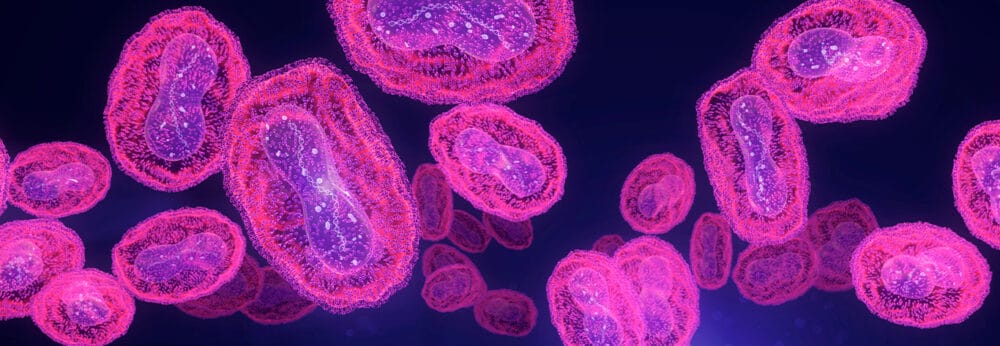Posted
1st September 2017
Research
A Turkish study has found a surprisingly high rate of antiseptic resistance gene carriage in clinical isolates of staphylococci (71% of 69 isolates carried either qacA/B or smr, which have been associated with reduced susceptibility to chlorhexidine). This study highlights the potential for bacteria to eventually develop reduced susceptibility or resistance to whatever is thrown their way!
The study team searched for various antiseptic resistance genes in a collection of 69 Staphylococcus species isolates (a mixture of MRSA, MSSA, and methicillin-resistant and – susceptible coagulase-negative staphylococci (CoNS)) and 69 Enterococcus species. More than 50% of the S. aureus isolates and 85% of the CoNS isolates harboured one or other gene that has been linked with antiseptic resistance (various qac genes, and smr). Furthermore, laboratory testing showed that isolates carrying the resistance genes exhibited lower levels of susceptibility to chlorhexidine, which has been reported elsewhere. The situation was different in Enterococcus species, where none were found to carry these antiseptic resistance genes. However, laboratory testing did show that vancomycin-resistant enterococci (VRE) were less susceptible to antiseptics than vancomycin-susceptible enterococci. This suggest that there may be some link between the mechanism of reduced susceptibility to vancomycin and chlorohexidine, which makes sense because changes in cell wall synthesis are essential to both.
As in other studies, the level of reduced antiseptic susceptibility identified in the laboratory in this study was orders of magnitude lower than the in-use concentration of chlorhexidine that is applied to patients skin. However, it does suggest that, over time, reduced susceptibility to chlorhexidine is likely to become more of a clinical challenge.
SHARE THIS ARTICLE
Tags
Latest News
Celebrating 20 Years of GAMA Healthcare: Our Story
This month, GAMA Healthcare celebrates 20 years of helping prevent…
Norovirus: Understanding its transmission and prevention in the UK
Introduction Norovirus is recognised as the leading cause of viral gastroenteritis…
Clean Between to Reduce Healthcare-Associated Infections
Healthcare-associated infections (HAIs) are a significant concern for healthcare facilities…
Mpox: emergence of a new threat
A new threat related to mpox is emerging, in the…




